9 of the Most Dangerous Countries for American Travelers — Plus 3 That You Can Actually Visit Safely
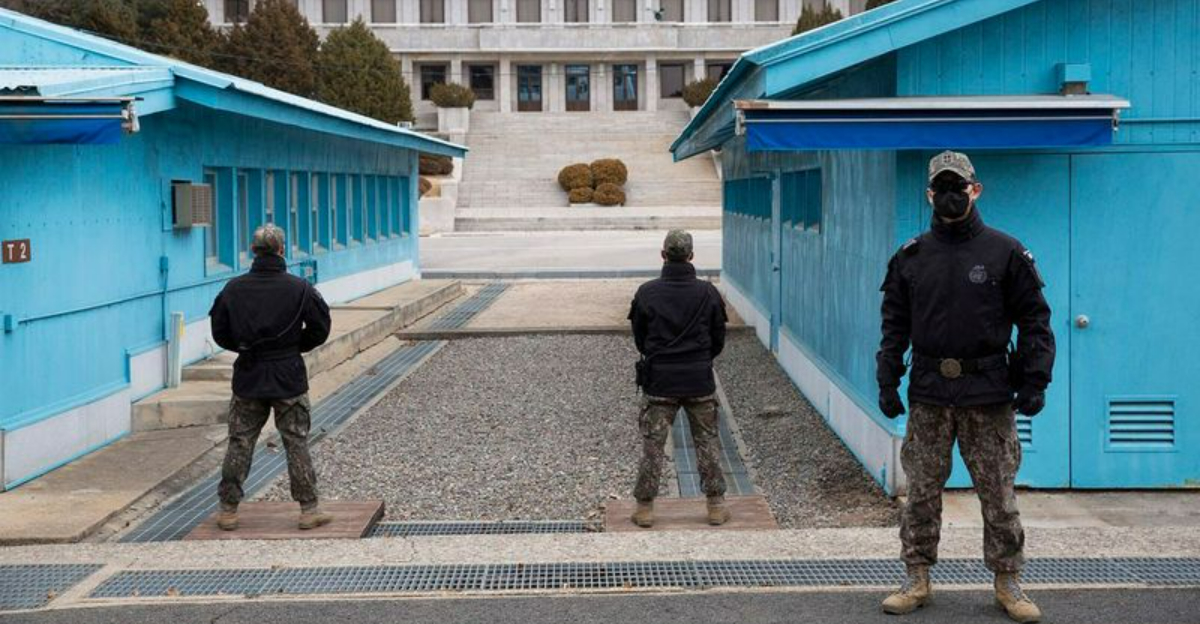
Exploring the world is thrilling, but not all destinations roll out the welcome mat for American travelers. Some countries present serious risks due to political instability, crime, or anti-American sentiment.
However, there’s good news too – several places with intimidating reputations are actually quite safe when visited with proper precautions. Let’s look at where you should think twice about visiting and a few surprising places that are safer than you might believe.
1. Venezuela: Political Chaos and Rampant Crime

The beautiful South American nation has transformed into a danger zone for Americans. Kidnappings happen regularly, with foreigners seen as valuable targets. The collapsed economy has pushed desperate people toward crime just to survive.
Government officials might hassle you simply for being American, as relations between our countries remain tense. Hospitals lack basic supplies, so even minor injuries could become life-threatening.
If you’re caught in an emergency, don’t expect much help – the U.S. Embassy operates with limited staff and can’t provide normal services. Most areas of the country, especially Caracas, should be completely avoided by American travelers.
2. Afghanistan: Ongoing Conflict and Extremism
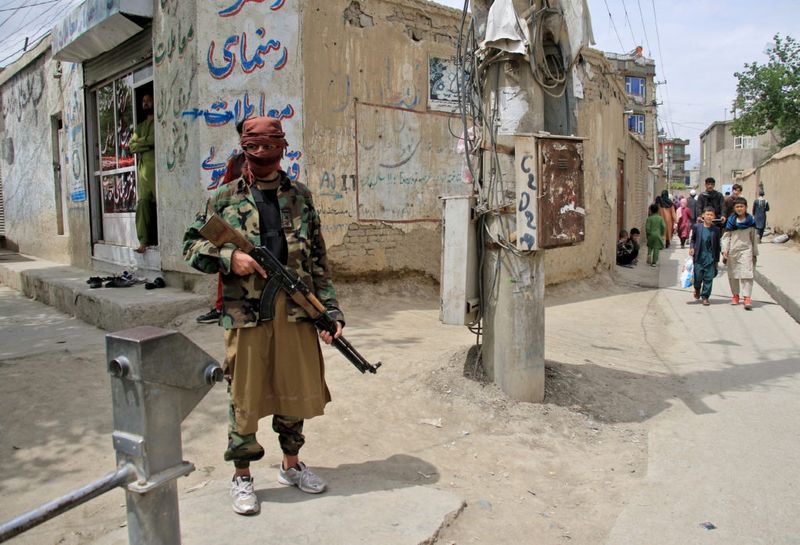
Since the Taliban’s return to power, Afghanistan has become extremely dangerous for American citizens. Terrorist attacks remain common, with groups specifically targeting Westerners. The situation changes rapidly, sometimes deteriorating within hours.
Kidnapping for ransom is a real threat, with criminal gangs seeing Americans as valuable targets. Even humanitarian workers with years of experience have been forced to leave due to direct threats.
Did you know? The U.S. State Department’s travel advisory for Afghanistan is at its highest level – “Do Not Travel” – and explicitly states that U.S. citizens should not travel there under any circumstances. The government cannot guarantee any protection or evacuation assistance.
3. North Korea: Where Americans Are Political Pawns
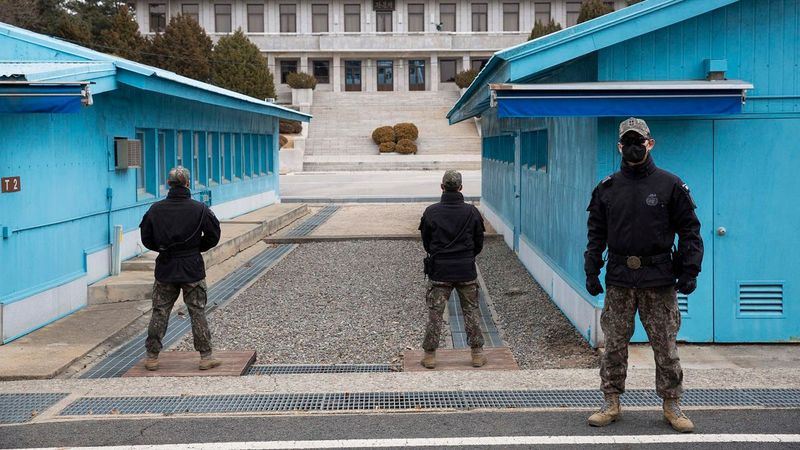
Visiting this secretive nation puts you at extraordinary risk of detention on fabricated charges. Several Americans have spent years in harsh labor camps for minor infractions or actions that wouldn’t be crimes elsewhere.
Your every move will be monitored by government minders who control where you go and who you speak with. Taking unauthorized photos or possessing religious materials can lead to immediate arrest.
The U.S. government can’t help you if things go wrong – we have no embassy there, and the Swedish Embassy’s limited ability to assist Americans is often blocked. Medical facilities are primitive by Western standards, creating additional dangers during emergencies.
4. Iran: Arbitrary Detention and Political Hostility
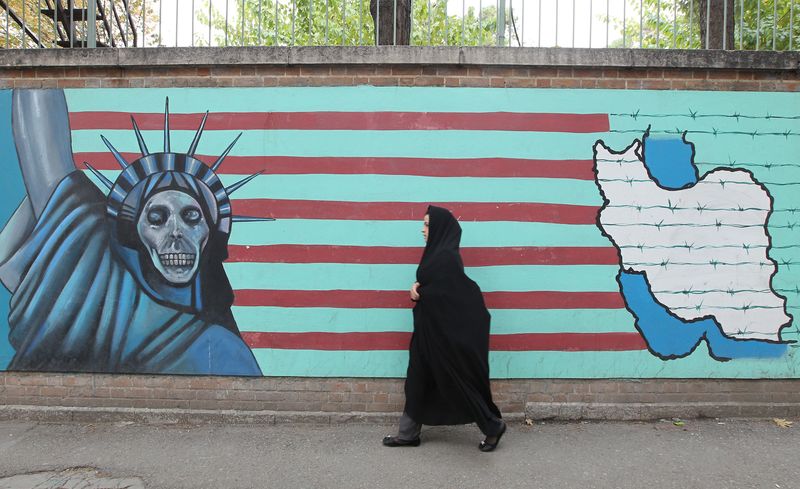
Americans visiting Iran face unique dangers due to the lack of diplomatic relations between our countries. The Iranian government has a history of detaining U.S. citizens on vague espionage charges, using them as bargaining chips in international negotiations.
Your American passport makes you an immediate target for scrutiny. Security forces might monitor your movements or access your electronic devices without warning.
Even Iranian-Americans with dual citizenship face heightened risks, as Iran doesn’t recognize their U.S. citizenship and denies them consular access. The Swiss Embassy represents U.S. interests but has limited ability to help during emergencies or if you’re detained.
5. Yemen: Active War Zone and Humanitarian Crisis
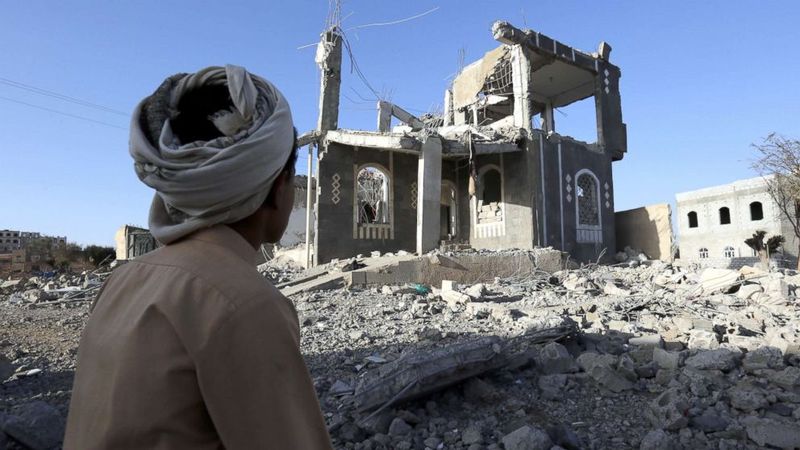
Yemen’s brutal civil war has created one of the world’s worst humanitarian disasters and an extremely dangerous environment for any traveler. Armed groups control different territories, with checkpoints and frontlines shifting without notice.
Kidnapping remains a constant threat, with terrorist organizations specifically targeting Westerners. Medical facilities have been largely destroyed, leaving few options if you become ill or injured.
The U.S. government suspended all operations at our embassy in Yemen years ago. If you get into trouble, you’re completely on your own with virtually no consular support available. Even aid workers with significant security resources face daily dangers navigating this complex conflict zone.
6. Syria: Ongoing Civil War and Terrorist Activity
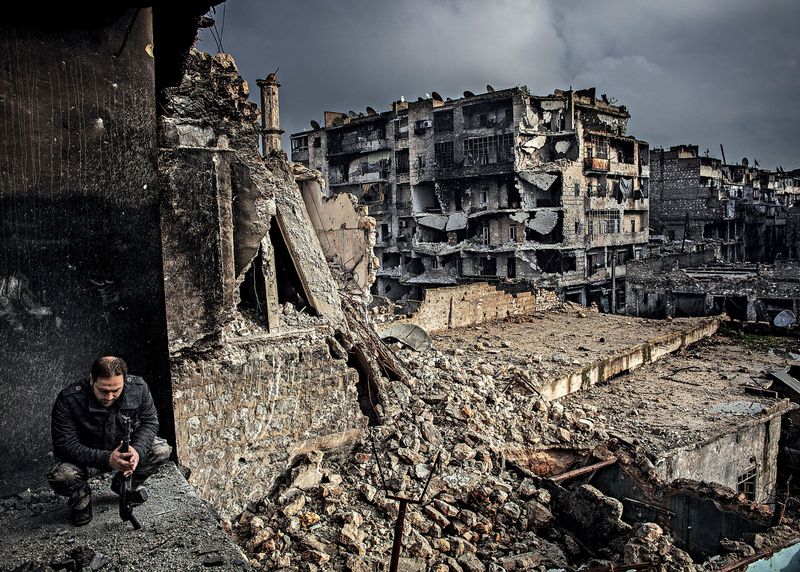
The Syrian conflict has created a patchwork of territories controlled by different armed groups, many hostile to Americans. ISIS and other terrorist organizations maintain a presence in parts of the country, actively seeking Western hostages.
Bombings and firefights can erupt without warning even in areas previously considered stable. Chemical weapons have been used multiple times during this conflict, creating additional risks not found in other dangerous countries.
Americans who enter Syria face possible detention by government forces who may accuse them of supporting opposition groups. The U.S. has no embassy or consular services in Syria, making it impossible to provide emergency assistance to citizens who find themselves in danger.
7. Somalia: Lawlessness and Terrorist Threats
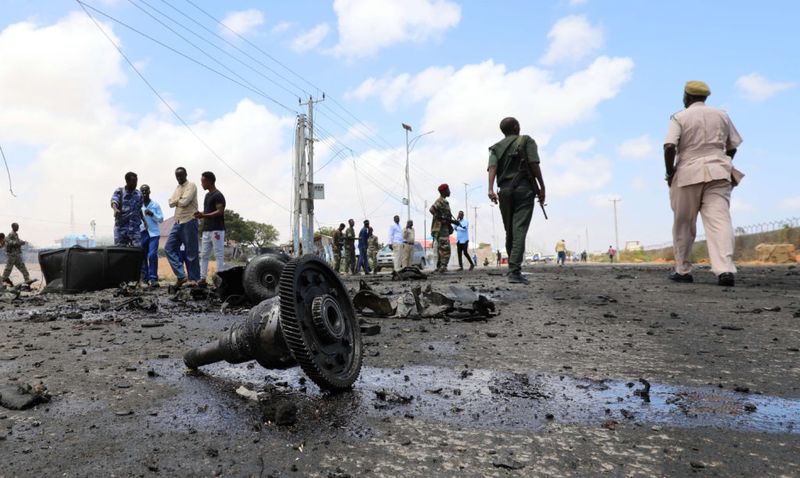
Somalia’s combination of terrorist activity, piracy, and general lawlessness makes it extraordinarily dangerous for American travelers. Al-Shabaab regularly targets locations where foreigners might gather, including hotels and restaurants.
Kidnapping remains a serious threat, with criminal gangs specifically seeking Western victims for ransom. Even traveling between cities is extremely hazardous due to illegal checkpoints and ambushes on major roads.
The U.S. has very limited diplomatic presence in Somalia, operating primarily from neighboring countries. This means if you encounter trouble, help will likely be unavailable or severely delayed. Most travel insurance policies won’t cover you in Somalia, adding financial risk to the physical dangers.
8. Iraq: Regional Instability and Anti-American Sentiment
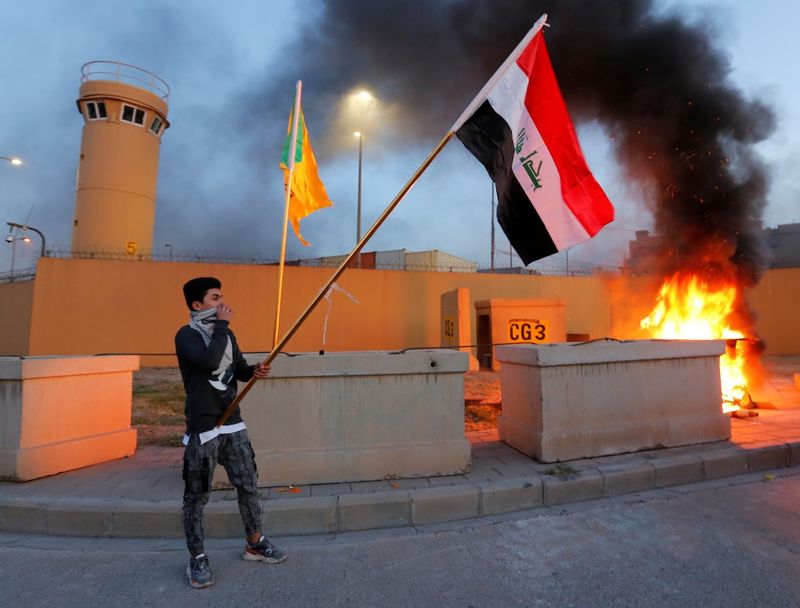
Despite improvements in some areas, Iraq remains extremely dangerous for American citizens. Militia groups with anti-American sentiments conduct operations throughout the country, including rocket attacks against locations associated with Western presence.
Kidnapping remains a persistent threat, with Americans viewed as high-value targets. Improvised explosive devices and unexploded ordnance from previous conflicts create additional hazards even in seemingly peaceful areas.
The U.S. Embassy in Baghdad operates with limited staff and restricted movement, making assistance difficult if you encounter problems. Even in the Kurdistan Region, generally considered safer, the security situation can change rapidly, leaving visitors vulnerable to evolving threats.
9. Libya: Factional Fighting and Failed State Status
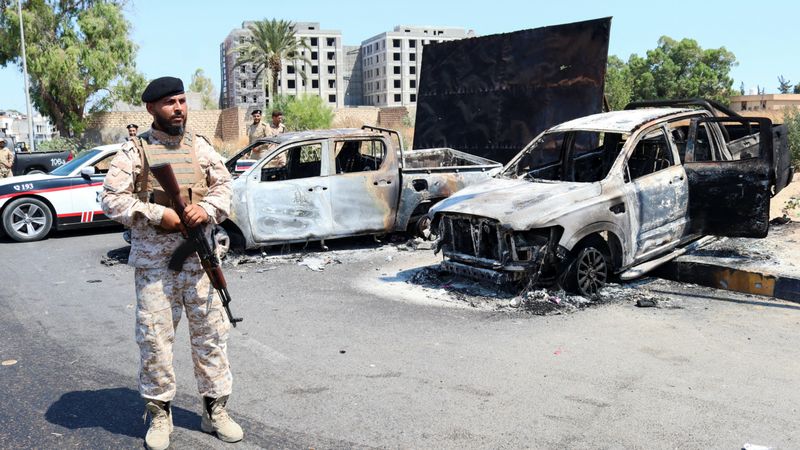
Libya’s collapse into competing militia-controlled territories has created extreme dangers for any foreign visitors. Armed groups regularly clash in and around major cities, with frontlines shifting rapidly and unpredictably.
Terrorist organizations maintain a presence in parts of the country, specifically targeting Westerners for kidnapping or attacks. Even official government buildings and international facilities have been attacked with car bombs and armed assaults.
The U.S. Embassy suspended operations in Libya years ago due to the dangerous conditions. American citizens who encounter problems have virtually no diplomatic support available. Even humanitarian organizations with extensive security protocols struggle to operate safely in Libya’s chaotic environment.
10. Japan: Surprisingly Welcoming Despite Cultural Differences
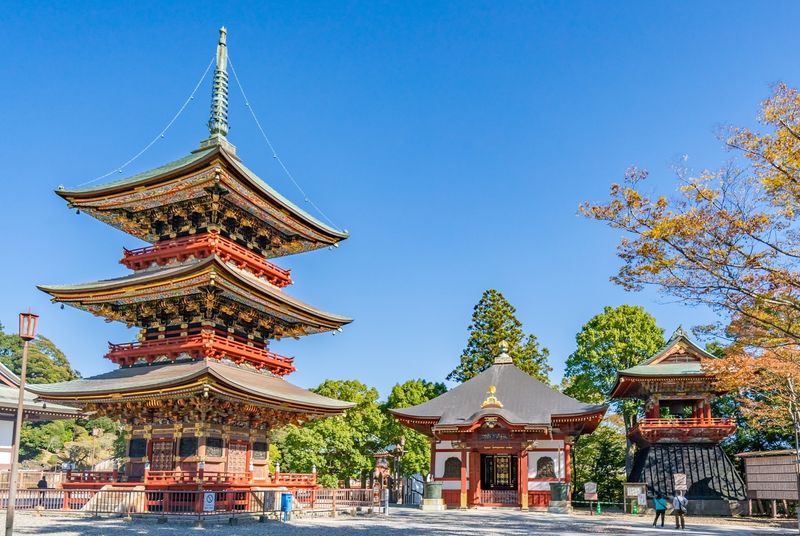
Many Americans worry about visiting Japan because of language barriers and strict cultural rules. The reality? Japanese people often go out of their way to help lost tourists, even when English isn’t their strong suit.
Crime rates against foreigners remain incredibly low compared to most American cities. You can walk through Tokyo’s bustling neighborhoods at midnight feeling safer than in many U.S. downtowns at dusk.
The country’s efficient public transportation, excellent English signage in tourist areas, and overall organizational culture makes independent travel remarkably easy. While respecting local customs is important, Japanese people typically forgive minor cultural mistakes from well-meaning visitors rather than taking offense.
11. Rwanda: Africa’s Remarkable Comeback Story
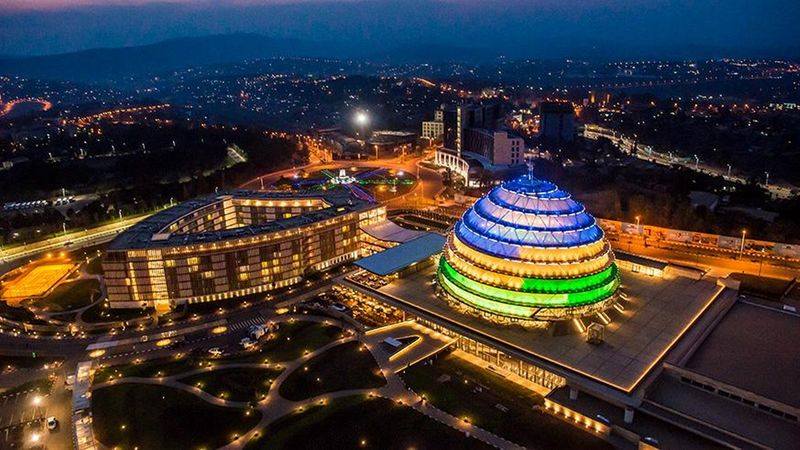
Most Americans still associate Rwanda with the horrific genocide of 1994, but today’s reality couldn’t be more different. The country has transformed into one of Africa’s safest destinations with exceptionally low crime rates and a zero-tolerance policy for corruption.
Kigali, the capital, features spotlessly clean streets, excellent infrastructure, and a growing tourism sector catering to international visitors. Many travelers report feeling completely comfortable walking alone, even at night.
The Rwandan government has invested heavily in conservation, creating world-class opportunities to see mountain gorillas and other wildlife in well-managed national parks. Their tourism police specifically focus on ensuring visitor safety, making this small African nation surprisingly accessible for American travelers.
12. Georgia (Country): Hidden Gem Between Europe and Asia
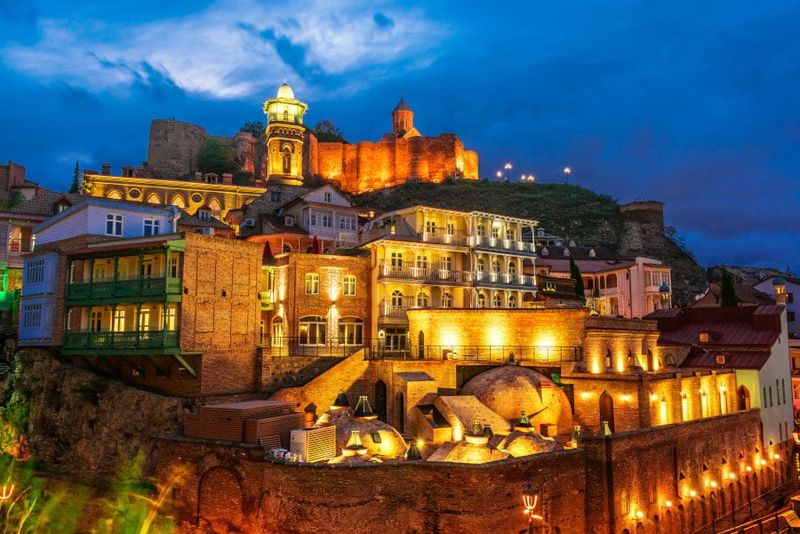
This small Caucasus nation offers incredible hospitality without the safety concerns of neighboring regions. Locals often invite visitors into their homes for traditional supras (feasts), eager to share their culture with Americans.
Crime rates remain remarkably low, with street harassment and tourist scams much less common than in popular European destinations. The country’s tourism infrastructure has improved dramatically in recent years, with English widely spoken in major cities.
Georgia’s unique position at the crossroads of Europe and Asia offers fascinating cultural experiences, from ancient mountain villages to Black Sea beaches. The affordability factor adds another bonus – your travel budget stretches much further here than in Western Europe while enjoying comparable safety standards.
